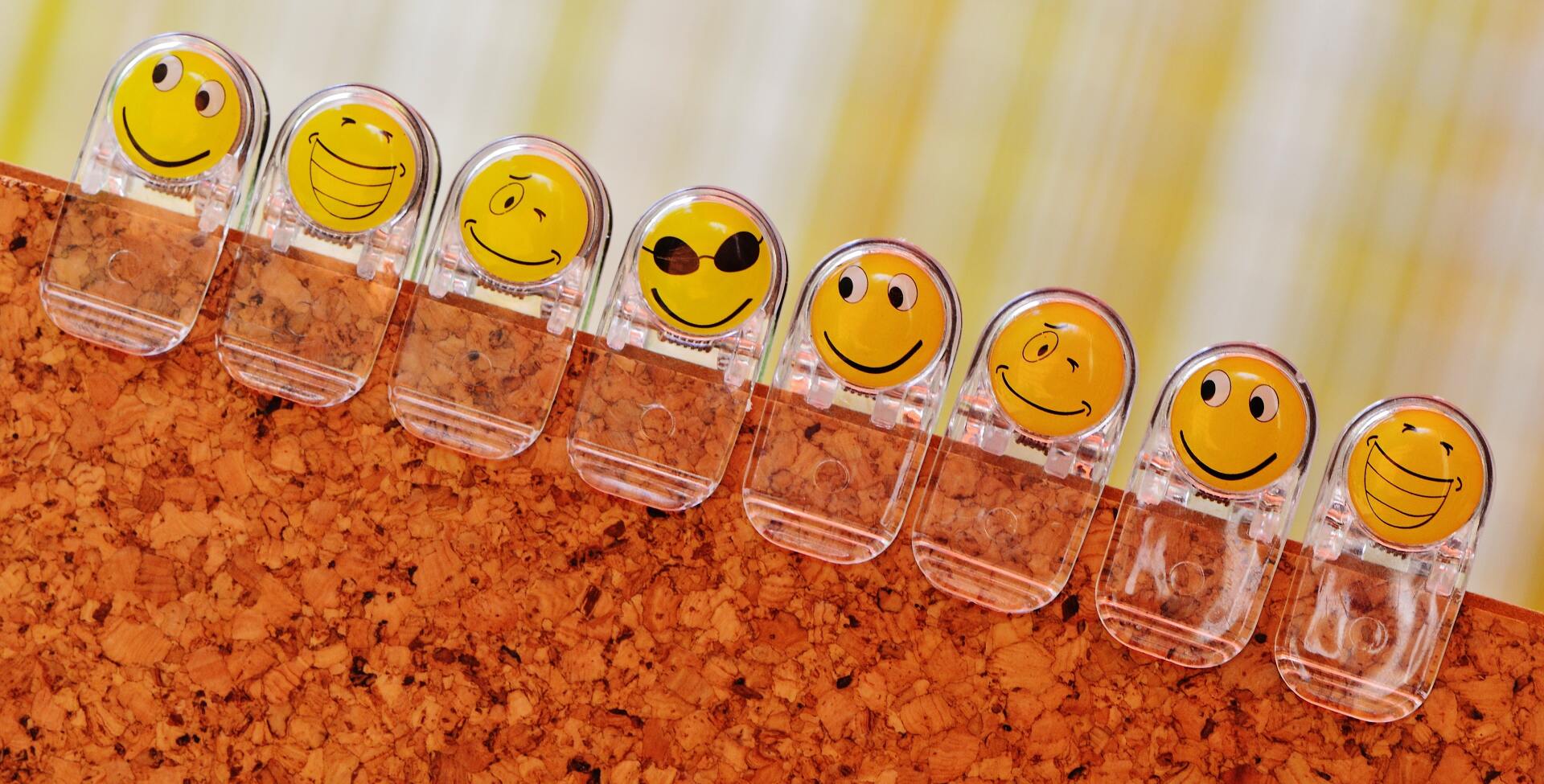Does the health of your gut affect your mental health?
Today, whilst tackling an overflowing basket of ironing, I decided to watch Charlotte Church: Inside My Brain on iPlayer. Mental health is one of my passions and a subject I am always keen to know more about. In the programme, there is an investigation in to how some antidepressants, known as SSRI’s -Selective Serotonin Re-uptake Inhibitor, work. It is believed that Serotonin plays a big part in regulating our moods and emotions and in a healthy brain there is enough Serotonin to maintain a balanced mental state but when Serotonin levels fall too low, this can manifest in depression, anxiety and other illnesses. SSRI’s work by keeping what Serotonin is in the brain, in play for longer. The programme also highlights that scientists don’t know what part of the brain controls Serotonin.
This brings me to the gut and a most fascinating, factual and informative book by Guilia Enders called Gut, which is a very in depth look at many aspects of our digestive system. The book evidences that our gut possesses the same neural receptors as the brain in our head and that it can be referred to as our ‘gut brain’. Enders prompts the concept that the link between the brain and the gut has been long known and the phrases ‘scared s**tless, ‘pooing our pants with fear’, ‘digesting our thoughts’ and ‘gut feelings’ are common language that has been linking our gut with our emotions for years. Enders goes so far as to say that scientists are cautiously questioning whether the brain is the sole ruler of the body.
A couple of years ago, for my own personal development, I attended a workshop, held at the Institute of Psychology in London, run by a Professor of Neuroscience which, aimed specifically for Life Coaches, discussed the neuroscience behind habitual behaviour. During the lunch break, fascinated by the questions Guilia Enders’ Gut book had raised for me, I asked the Professor what she thought of the concept of the ‘gut brain’. Her response was, that although much research was still to be done, the evidence was definitely increasing.
Enders also investigates the effects of antidepressants on the gut and finds that, as the gut contains the same neural receptors as the brain in our head, antidepressants automatically effect both brains. She also states that an American researcher, Dr Michael Gershon is interested in the possibility of developing effective antidepressants that only influence the gut and do not have an effect on the brain. This precedes the amazing acknowledgement that 95% of the Serotonin we produce is manufactured in the cells of our gut.
So here is the evidence for anyone who suffers from anxiety or depression, that an unhappy gut can be the cause of an unhappy mind. Looking after our gut health can be an effective way to look after our mental health.
Share This Story, Choose Your Platform!
Recent Posts













